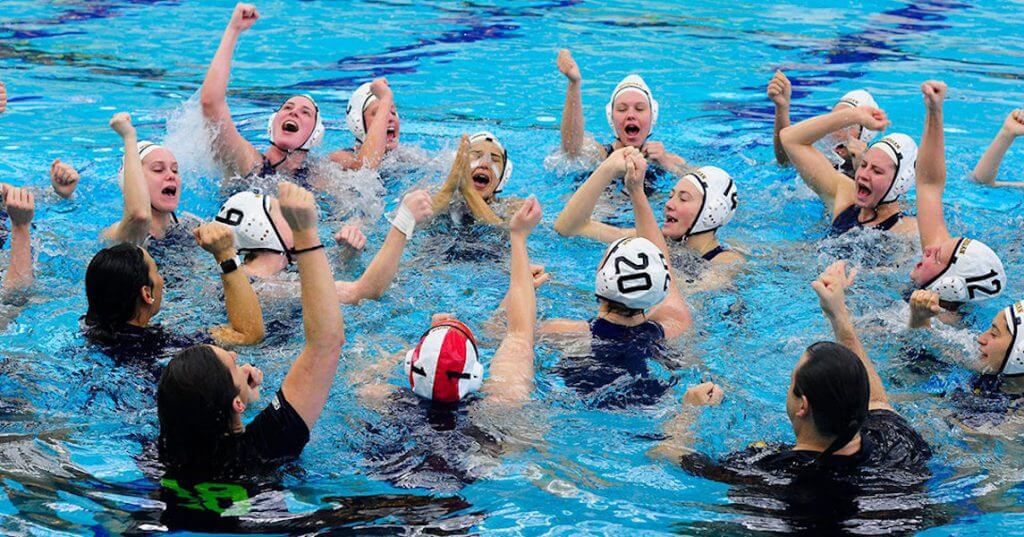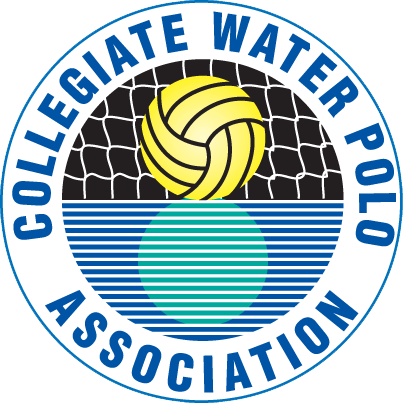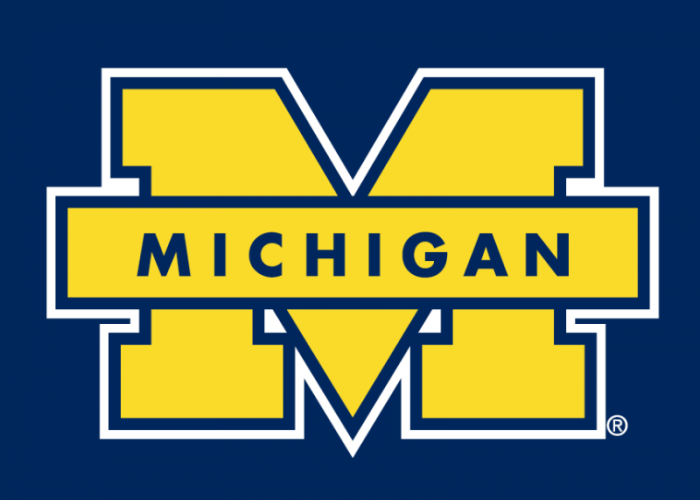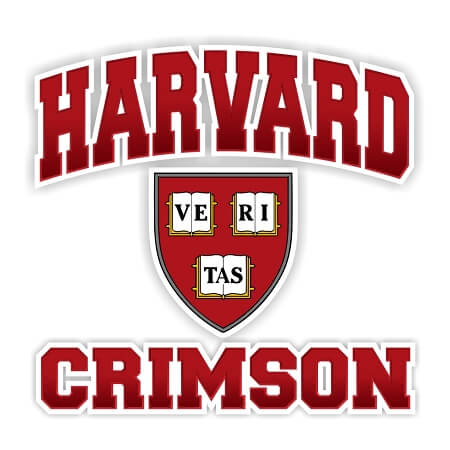2019 Women’s Water Polo Preview: Collegiate Water Polo Association

Editor’s Note: The 2019 NCAA women’s water polo season officially opened on Saturday, January 12th with the ASU Invitational at Arizona State. Action continues this weekend for numerous NCAA varsity programs. Swimming World will provide previews of the seven varsity conferences—Big West, Collegiate Water Polo Association (CWPA), Golden Coast Conference (GCC), Metro Atlantic Athletic Conference (MAAC), Mountain Pacific Sports Federation (MPSF) and Western Water Polo Association (WWPA)—that will send teams to the 2019 NCAA Women’s Water Polo Tournament.
Rankings refer to the CWPA Women’s Varsity Preseason Poll that was released on January 16th.

Since the end of last season, the Collegiate Water Polo Association (CWPA) has experienced significant change. Both participants in the 2018 CWPA tournament’s third place match are no longer part of the conference. After almost two decades as a CWPA member, Hartwick terminated its program effective immediately following an 8 -5 win over Indiana. Two months later, Hoosiers’ head coach Ryan Castle announced a move to the Mountain Pacific Sports Federation (MPSF), by far the country’s strongest conference.
[Jump to MPSF is “Game Changer” for Indiana Women’s Water Polo]
That considerably lighter field leaves a football field-wide opening Michigan, which has been in three straight CWPA tournament finals, winning the last two years, and, to a lesser degree, Princeton, which has opposed the Wolverines in all three of those contests. Losing its fellow Big 10 rival cleared out one of Wolverine Head Coach Marcelo Leonardi’s most competitive programs. And, the absence of the Hartwick Hawks is an opportunity for Harvard, Bucknell, Brown, George Washington and St. Francis, PA—now in it’s third year—to move up.
The question is; outside of the Crimson and the Tigers, does any CWPA member have a legitimate shot at slowing down Michigan?

The challenge for #9 Michigan is keeping up with the nation’s top programs while going up against lesser competition in the CWPA. But as long as the Wolverines have Heidi Rittner in goal they’ve got a shot against most anybody. Now a junior, Rittner already has more than 500 saves—almost half way to Betsey Armstrong’s program record of 1,267—and 59 wins.
But Big Blue is more than just Rittner. In his now five years at Michigan, Leonardi has attracted both national and international talent to Ann Arbor, making the Wolverines the best women’s water polo team outside of the MPSF. With Julie Sellers (team-high 81 goals and 33 assists) junior Maddie Steere (74 goals) and senior Kim Johnson (64 goals), three of the top four scorers from 2018 return. Missing is Caroline Anderson, who led the Wolverines with in points (131) and assists (85). To keep the talent flowing, there’s eight freshmen from all over the country, as well as Australia, British Colombia and England.
As been his focus since arriving in 2014, Leonardi will have his squad on the road for almost any match against the country’s best; this weekend they jump in the water against USC and UCLA at the UCSB tournament in Santa Barbara; early in February they return to California where they’ll face Stanford, UC Davis and Pacific. With yet another NCAA berth in sight, the Wolverines will play as competitive schedule as possible, hope that they can again sail through their CWPA schedule and qualify for a third-straight national championship tournament.
Key Matchup: Indiana, Saturday, March 23, Ann Arbor, MI

When Luis Nicolao left #12 Princeton in January 2018 to return to coach at Navy, his alma mater, a chain reaction set in. Becca Dorst took the reins of the women’s program and unexpectedly led the Tigers back to the CWPA tournament final. Along the way she picked up CWPA Coach of the Year honors—then left to pursue new challenges in her native California. Derek Ellingson, who for 14 years faithfully assisted Nicolao as both men’s and women’s assistant coach, was tabbed for the top spot last summer, and he’s had months to prepare for the Tigers’ season opener February 1 versus host Arizona at the ASU Invitational.
[Five Questions for Derek Ellingson of Princeton Women’s Water Polo]
None of his responsibilities will be new to the intrepid Ellingson, who as a head coach in 2002 took an unheralded Queens College men’s squad to an NCAA Final Four. For this latest assignment, he’ll have to replace the 181 goals—more than half the teams total of 314—scored by Haley Wan (75), Lindsey Kelleher (55) and Chelsea Johnson (51)—all lost to graduation. Fortunately, Amy Castellano (46 goals, 31 assists and a team-high 57 steals) returns. Marissa Webb, who started 30 of Princeton’s 31 games as a freshman, returns to anchor a Tiger defense that surrendered 10 goals a game—slightly more than they scored.
Key Matchup: Michigan, Sunday, April 7, Cambridge, MA

During Ted Minnis’ nine years at #21 Harvard, the Crimson have enjoyed spectacular results for their men, including back-to-back NCAA Final Four berths (2016, 2017). The Harvard women? Not so much, but there has been steady improvement. Perhaps 2019 is a great leap forward; with the arrival of some talented freshmen, the prospects are bright for women’s water polo in Cambridge. Inde Halligan—whose sister Bronte is a member of the Australian national team and a three-year starter at UCLA—made the choice to come all the way East, and Crimson fans will be glad that she did.
But the girl from Down Under is not all that will look to push Minnis’ squad past Princeton for the first time since 2004—a string of 28 straight losses. Grace Thawley arrives from Mater Dei in California, while Evan Tingler and Zoe Banks also came from the West. Goalie Sam Acker will again backstop the Crimson defense; the offense will again be powered by a pair of juniors: Mathilde Ribordy (team high 58 goals) and Sofia Carrera-Justiz (48 goals; team-high 56 assists). Olivia Price returns after a freshman campaign where she notched 42 goals; only Sami Strutner (37 goals) graduated from last year’s 17-18 squad. Expectations will run high in Cambridge this season; can the Crimson deliver?
Key Matchup: Princeton, Saturday, March 2, Cambridge, MA

#23 Bucknell finished fifth in the CWPA last year, and to do better in 2019 they’ll need continued offensive production for their experienced core of sophomore Ally Furano (team-high 47 goals), senior Emily Konishi (41 goals; team-high 96 points) and junior Nina Benson (19 goals). They’ll have to step up to replace the scoring and leadership lost to the graduation of Marta Considine; picked as an Honorable Mention All-American, Considine chipped in 33 goals and 13 assists for the Bison in 2018.
Also graduated is goalie Manuela Herrera (234 saves); looking to fill the Bucknell cage are junior Hayley Pogue and freshman Georgia Lewis, who is one of four newcomers to Head Coach Jack McBride’s roster. How well this relatively young (nine underclassmen) roster comes together will decide if the Bison can break into the upper half of the CWPA.
Key Matchup: Michigan, Saturday, April 13, Lewisburg, PA

After a banner campaign in 2017, including 21 wins, #25 Brown took a step back last year, stumbling to a 16 – 18 record. With the graduation last spring of leading scorer Jessica Heilman (team-high 69 goals; 82 points) and goalie Marisol Dakan (program-best 1,131 saves), the challenge to rebound will rest on a core of young players. Carmen Rosas (45 goals) and Lexi Atwell (44 goals) return, but netminding duties will fall to junior Lauren Burns, with freshman Marley Presiado of California’s Mater Dei waiting in the wings.
Presiado is one of six freshmen on Head Coach Felix Mercado’s squad; they and six sophomores will be called upon to lift the Bears up in the CWPA standards—and perhaps surpass Ivy rivals Harvard and Princeton in their decades-long polo rivalry.
Key Matchup: Harvard, Friday, March 1, Cambridge, MA

Since arriving in Washington D.C. a little more than three years ago, George Washington Head Coach Barry King has had the magic touch for his men—two NCAA berths and a trip last December to California for a quarterfinal match against UCLA. The GW women have been improving, but there’s a way to go before the Colonials crack the top three of the CWPA. Perhaps this is another year of progress, thanks to a young core that will look for the women make strides like the men.
Alana Ponce is just a sophomore but—with team-highs in goals (65) and points (91)—the Washington state native was an offensive force last year for the Colonials. Joining her on offense was fellow newcomer Jaleh Moaddeli (22 goals and 21 assists); if Grace Heck (39 goals) and Dara Bleiberg (34 goals) had remained, the potential for King’s 2019 squad would be much greater. They’ll have to make due with four freshmen—most notably Juliette Belanger, a member of the Canadian Juniors squad that played in the 2018 FINA Youth World Championships.
Key Matchup: Bucknell, Saturday, March 30, Washington D.C.

Last January, Head Coach Jay O’Neil brought in a player with immediate impact to Saint Francis University’s western Pennsylvania location; Marialena Seletopoulou (CWPA-high 110 goals) was a member of the Greek Junior National Team and she initially overwhelmed opponents, as the Red Flash won 12 of its first 17 games.
Then, reality took hold. The team proceeded to end the season on a 14-match losing streak, and Seletopoulou is gone to Loyola Marymount in California.
To pick up the pieces, O’Neil has brought in six freshmen, including two players from the eastern half of the state; goalie Rosalinda Rivera, and attacker Caroline Gillespie are both from North Penn High School in Hatfield, PA, and Rebecca Pendleton, from Upper Dublin High School in Upper Dublin, PA. These moves for local talent aren’t as exciting as the peripatetic Ms. Seletopoulou, but it may help the Red Flash achieve sustained success.



